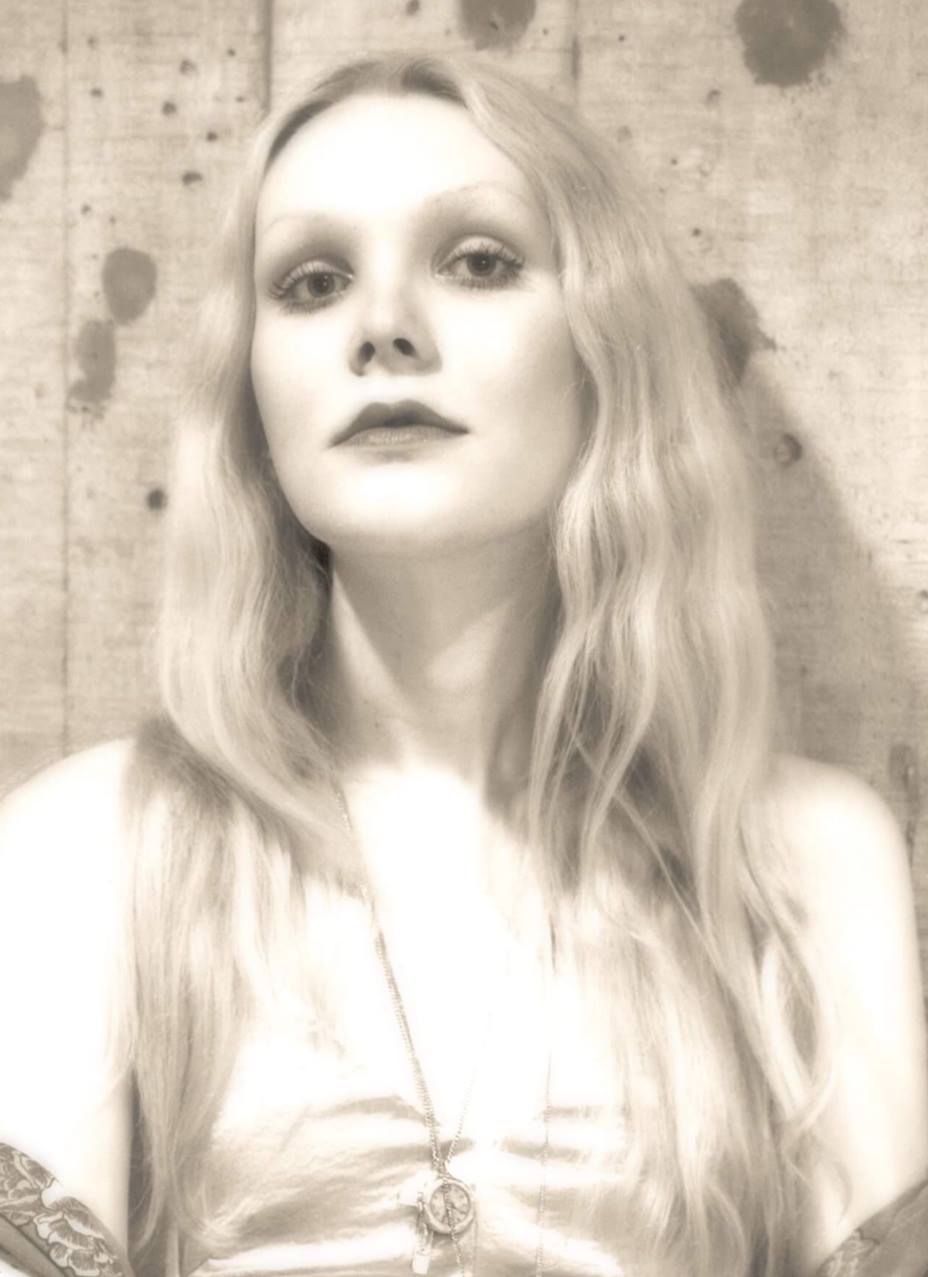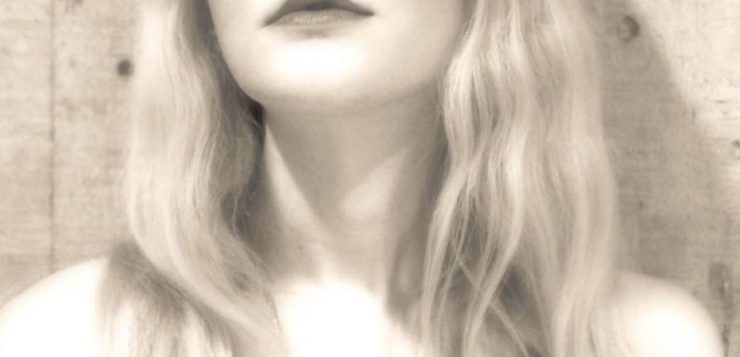“I DON’T FEEL real, mommy,” I would say to my mother as a child.
“You’re real, sweetie,” she would respond. I told this to my mother so often that even as young as I was, I understood the tiredness in her tone each time she would reassure me I was, in fact, real.
Even my earliest memories are those of not recognizing my reflection in the mirror. I expected to see long hair. What I saw looking back was a feminine child with soft features and white eyebrows, crying hard as a barber shaped and trimmed my sandy hair into a short bowl cut. I went to a different barber every time I got my haircut for the first seven years of my life because I would cry like I was being beaten the whole time.
At the time, Casper the friendly ghost was one of my favorite fictional characters. In the movie, Casper, his longing for a friend and the normalcy of being alive seemed to drive him to be even more friendly than he perhaps needed—or wanted—to be. His literal and figurative incompleteness was something I identified with. Looking back, I realize that telling my parents that I did not “feel real” was how I described that something was incomplete for me. I felt different from everyone else.
There was this feeling I had that I would change entirely when I was older, but unfortunately, I had no idea what that change was going to be. The term “transgender” was almost never mentioned in the late-nineties and early 2000s, and if it ever was it was remarked on unfavorably. I grew up in an Irish, Roman Catholic household and the closest exposure to anything LGBT related was listening to my mother watch Will and Grace after I was already in bed, supposedly asleep. I had no idea what was happening to me, but I knew I was somehow unlike my peers.
I made up for the incongruency in my appearance in other ways. Dress up took up most of my free time. There was a specific yellow scarf of my sister’s that I would take from her room when she was not home. Wrapping it around my head, you could not tell me that I was not Rapunzel in that moment. The yellow chiffon would tether itself into my hair follicles and transform into the long hair I always expected I would have.
“Let’s play wedding,” Michael, a childhood friend I would often play with, suggested.
“You always play the girl at school with everyone, so you can be the bride.”
I didn’t give it a second thought. I didn’t know why it made me so happy and comfortable that he made this suggestion. I wasn’t aware of the reasoning behind why I enjoyed playing the part of a girl when a friend and I played pretend—it was simply what I defaulted to. I never questioned it.
We donned the appropriate outfits from the little trunk of old Halloween costumes, and I began to set out dinner with the plastic food I had among my toys. Michael proposed to me at dinner and the ceremony followed shortly after, the “restaurant” in my bedroom transforming into a church at the drop of a hat.
“How was your day with Michael? Did you have fun?” Mom asked, tucking me in that night.
“Oh yeah,” I told her. “We played wedding after we went swimming!”
I expected my mother to be just as thrilled as I was, but I could tell she was not.
“You two didn’t kiss did you?” she asked.
Michael had kissed me on the cheek during the wedding. I had not expected it, or even planned for it to happen, but he did.
“He kissed me, Mommy,” I assured her.
I do not remember if she said anything at all after that, but her manner seemed disappointed and reproachful to a point where I felt I had to say something before she turned off the light.
“Please don’t tell daddy,” I told her.
“Oh, I won’t,” she said, and left me to go to sleep.
I had not understood up until that point that my inclination to feminine roles was invalidated as nothing more than pretend, but also something I should not be so willing to embrace or make apparent.
That was the first, but not the last time that the shame of my effeminacy would slowly build up in my life. This instance and many others made me come to understand our society’s view of what it has deemed to be femininity, especially when exhibited by someone assigned male at birth. I was seen as other and in her own way, my mother was protecting me. I understand that now.

Isabel Grey is an aspiring writer residing in Colorado, and pursuing her MFA in Creative Writing from Western Colorado University. She has been published in A Celebration of Young Poets.






